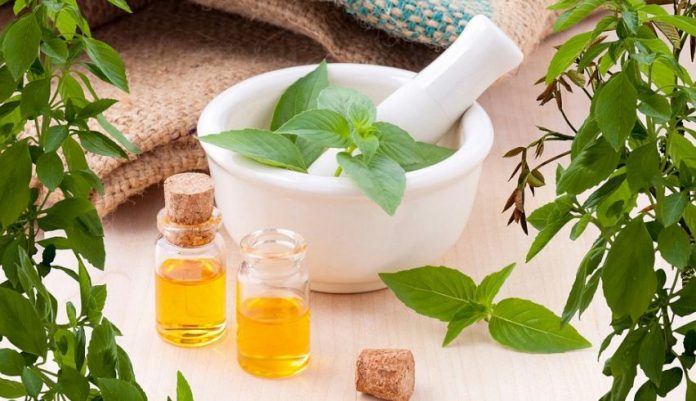Herbal medicine is the oldest form of health care known to mankind and is also called botanical medicine or herbalism.
Herbal medicine began with primitive cultures using different plants for shelter, clothing, and medicine.
Herbal medicine is a complementary therapy that uses plants or plant extracts to treat illness and is an important part of keeping healthy holistically and naturally.
The World Health Organization (WHO) estimates that as many as 4 billion people or 80 percent of the world’s population presently use herbal medicine for some aspects of primary health care.
History of Herbals
Nearly every person, including ancient cultures dating back thousands of years, has used herbs. Medicinal herbs were found in the personal effects of an “Iceman” whose body was frozen in the Swiss Alps for more than 5,300 years.
They appear to have been used to treat the parasites found in his intestines. In the written record, the study of herbs dates back over 5,000 years to the Sumerians, who described well-established medicinal uses for such plants as laurel, caraway, and thyme.
The continuing importance of herbs for the centuries following the Middle Ages is indicated by the hundreds of pages of information on herbs published after the invention of printing in the fifteenth century.
How To Use Herbs
Herbs can be prepared in a variety of forms depending on their purpose. They have been used in all cultures throughout history to restore balance by nourishing the body and have provided humankind with medicine from the earliest beginnings of civilization.
Herbs contain a large number of naturally occurring chemicals that have biological activity. They help the body strengthen its own resistance to infective organisms and throw off illness.
Herbs can act on the body as powerfully as pharmaceutical drugs and should be treated with the same caution and respect.
Herbs can also have undesirable side effects just as pharmaceutical products can. Herbs may be harmful if taken for the wrong conditions, used in excessive amounts, combined with prescription drugs or alcohol, or used by persons who don’t know what they are doing.
Most herbal traditions have accumulated knowledge without modern scientific controls to distinguish between the placebo effect, the body’s natural ability to heal itself, and the actual benefits of the herbs themselves.
Who Can Use Herbs
Medicinal plants can be used by anyone, for example as part of a salad, an herbal tea or a supplement.
Many of the herbs and spices used by humans to season food yield useful medicinal compounds. To use an herbal product as safely as possible consult your doctor or a trained herbalist before you begin.
Do not take a bigger dose than the label recommends. Take it under the guidance of someone trained in and experienced with herbal use. Be especially cautious if you are pregnant or nursing.
While herbal medicine is older than any other type of health care, it continues to influence the medicines of today.
Herbal medicine has proven to be a huge benefit to mankind and has never been more popular than it is today.
You can improve your health and personal well being as you begin to use complementary herbal medicines confidently and effectively.

